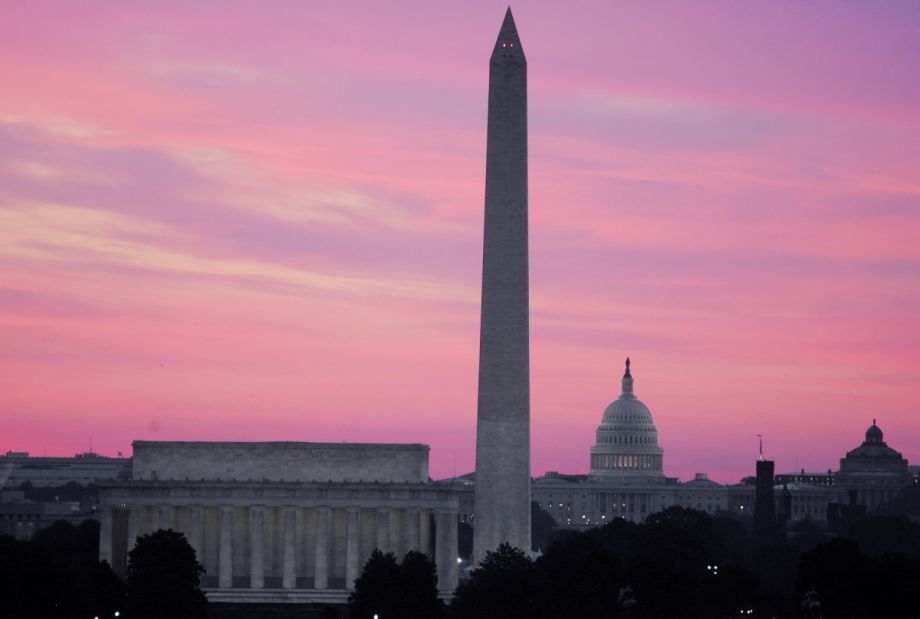Four years of work have led to Washington, D.C.’s council passing a bill to make more accessible public restrooms downtown, Greater Greater Washington reports.
The Public Restroom Facilities Installation & Promotion Act of 2018 directs the city to create two pilot restroom projects: one will design and install pilot standalone public bathrooms, and the other will incentivize private business owners to open their bathrooms to the public.
If successful, write members of the People for Fairness Coalition—the nonprofit that has been pushing for the restroom bill—the latter strategy will be the first time in the U.S. that such a program has been put in place. (Standalone public toilets in the U.S. are also relatively rare.)
There are only three 24/7 bathrooms in downtown D.C., Marcia Bernbaum of the People for Fairness Coalition told local radio host Kojo Nnamdi. One is in Union Station, a second is at the Lincoln Memorial and a third at the Jefferson Memorial. WMATA train stations have bathrooms, but it’s up to the individual station manager’s discretion as to whether to let someone in, Bernbaum said. As for private bathrooms, access is inconsistent. Starbucks, after a highly publicized incident earlier this year in which employees called police on two black men in a store in Philadelphia, publicly stated that as long as customers are “using spaces as intended” and “acting responsibly” they can sit at a table or use the restroom, even without making a purchase. Other stores have less clear policies.
To fill the information gap, the People for Fairness Coalition conducted a bathroom inventory. First, they selected five neighborhoods with high foot traffic and large concentrations of people without homes, reported Street Sense. They visited 85 businesses in those neighborhoods, and 42 allowed them to use the restroom. Then, they returned to those 42 establishments with two people. One, Bernbaum, dressed in “nice clothing.” PFFC member Robert Everett wore a “‘large tattered jacket’ and walked unevenly.” He was denied access to four restrooms and was accompanied to the restroom by a staff member at two other businesses.
Lack of access to public restrooms certainly harms people experiencing homelessness but also tourists, pregnant women, people with disabilities and the elderly, Councilmember Brianne Nadeau, who introduced the bill, said at a hearing, as reported by WTOP.
Councilmember Brandon Todd, who voted against the bill in committee but ultimately voted for the measure, said he was “not convinced” that D.C. had a need for more public restrooms. He also said, as reported by Curbed DC, that he had spoken with the city of Seattle, which has stand-alone public restrooms. “I will spare you the graphic details,” Todd told the committee, “but needless to say the bathrooms were a detriment to the city and not an enhancement. I fear the same results here in the District.”
People for Fairness Coalition told Curbed that it was true that Seattle has closed five of its old automated public toilets, but is planning to give the project another shot in 2019, using a relatively new, safety-focused design developed in Portland.
The new bill, once it takes effect, will direct the city to create a working group of representatives from city agencies and social services organizations to work with BIDs to identify areas for the pilot. The government will monitor both pilots for a year, studying police report data and other data to determine whether to expand the programs at the end of a year.

Rachel Kaufman is Next City's senior editor, responsible for our daily journalism. She was a longtime Next City freelance writer and editor before coming on staff full-time. She has covered transportation, sustainability, science and tech. Her writing has appeared in Inc., National Geographic News, Scientific American and other outlets.
Follow Rachel .(JavaScript must be enabled to view this email address)





_600_350_80_s_c1.jpg)










